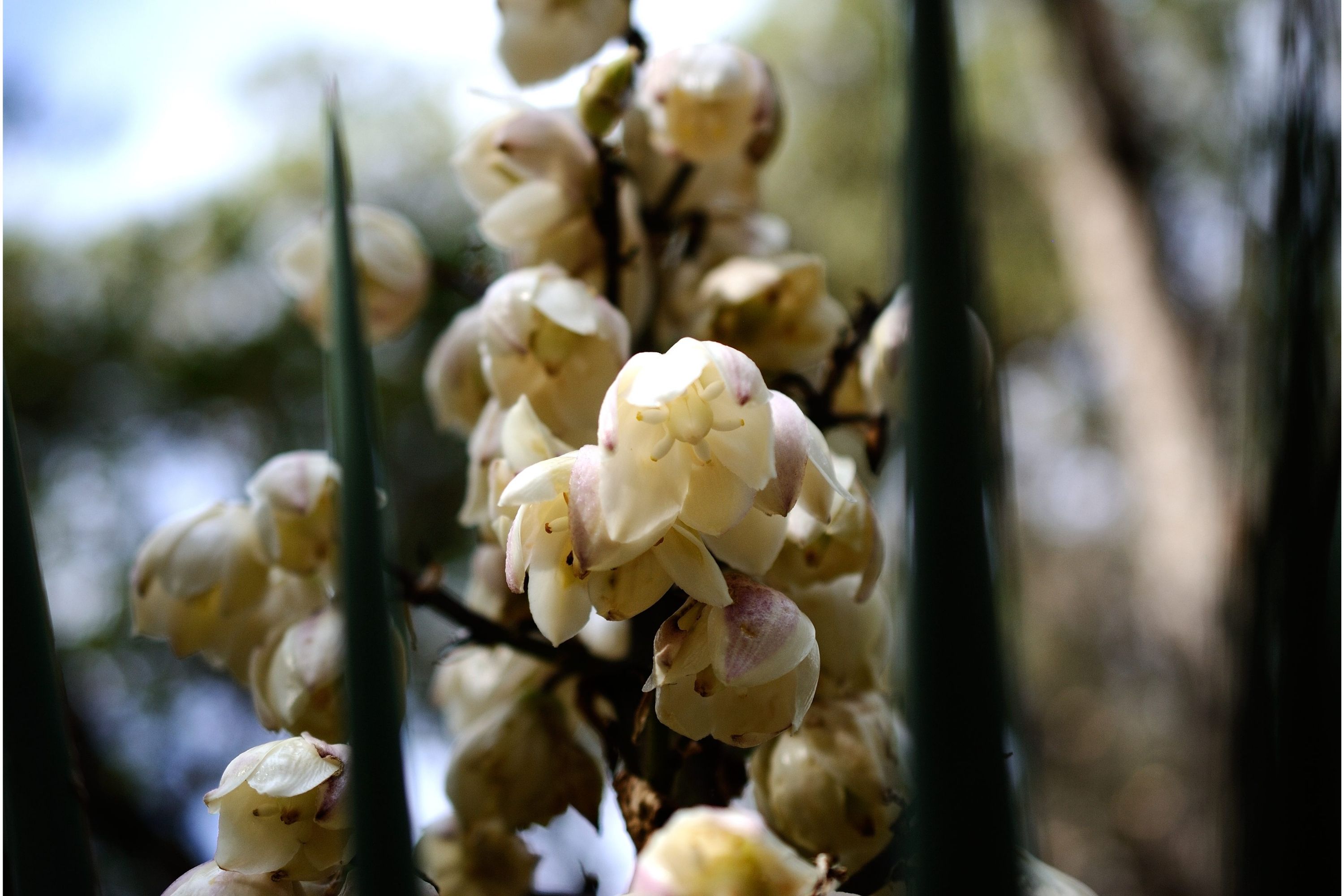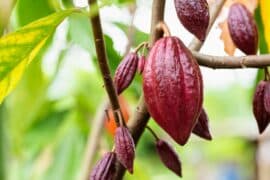Beaked Yucca
(Yucca rostrata)

Description
Yucca rostrata also called beaked yucca, is a tree-like plant belonging to the genus Yucca. The species is native to Texas, Chihuahua and Coahuila. Yucca rostrata has a trunk up to 4.5 meters tall, with a crown of leaves at the top. Leaves are thin, stiff, up to 60 cm long but rarely more than 15 mm wide, tapering to a sharp point at the tip. The inflorescence is a large panicle 100 cm tall, with white flowers. As one of the hardiest trunk-forming yuccas, Yucca rostrata can be grown successfully outdoors down to USDA hardiness zone 5 and is popular in the Southwestern United States. The tree-like plant is commonly cultivated in El Paso, Texas, Albuquerque, New Mexico, Salt Lake City, Utah, and Denver, Colorado. Yucca is a genus of perennial shrubs and trees in the family Asparagaceae, subfamily Agavoideae. Its 40–50 species are notable for their rosettes of evergreen, tough, sword-shaped leaves and large terminal panicles of white or whitish flowers. They are native to the hot and dry (arid) parts of the Americas and the Caribbean. Early reports of the species were confused with the cassava (Manihot esculenta). Consequently, Linnaeus mistakenly derived the generic name from the Taíno word for the latter, yuca. The Aztecs living in Mexico since before the Spanish arrival, in Nahuatl, call the local yucca species (Yucca gigantea) iczotl, which gave the Spanish izote. Izote is also used for Yucca filifera. The natural distribution range of the genus Yucca (49 species and 24 subspecies) covers a vast area of the Americas. The genus is represented throughout Mexico and extends into Guatemala (Yucca guatemalensis). It also extends to the north through Baja California in the west, northwards into the southwestern United States, through the drier central states as far north as southern Alberta in Canada (Yucca glauca ssp. albertana). Yucca is also native northward to the coastal lowlands and dry beach scrub of the coastal areas of the southeastern United States, along the Gulf of Mexico and South Atlantic States from coastal Texas to Maryland. Yuccas have adapted to an equally vast range of climatic and ecological conditions. They are to be found in rocky deserts and badlands, in prairies and grassland, in mountainous regions, in light woodland, in coastal sands (Yucca filamentosa), and even in subtropical and semitemperate zones, although these are generally arid to semi-arid.
Taxonomic tree:







